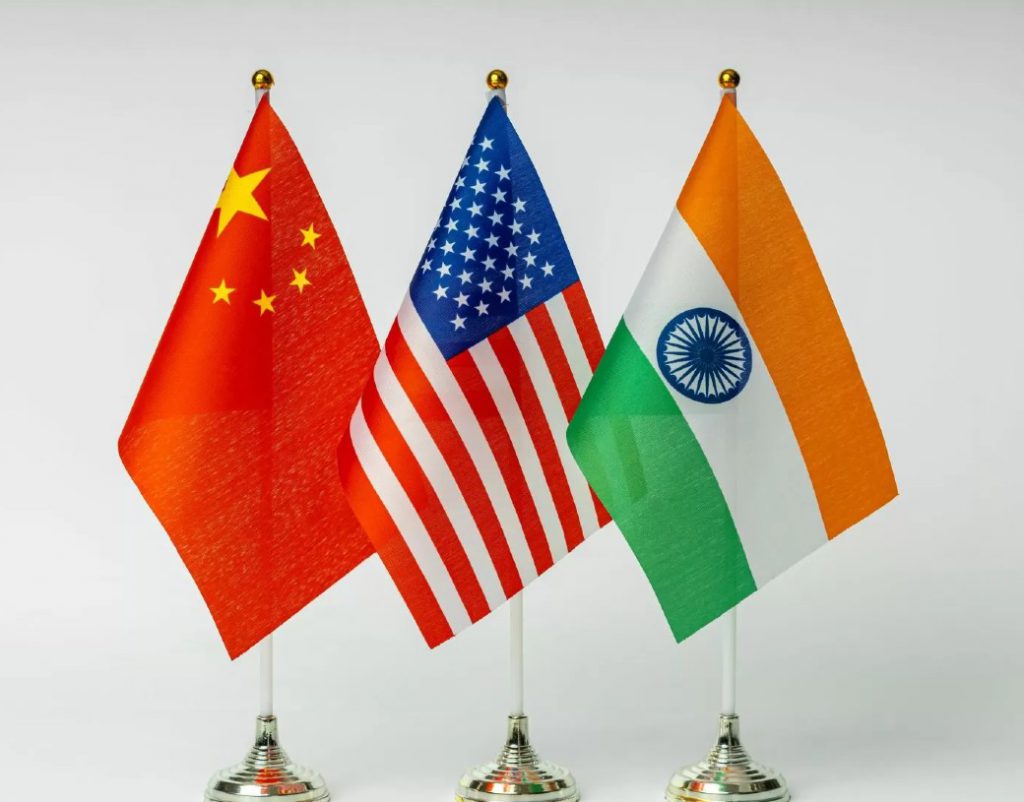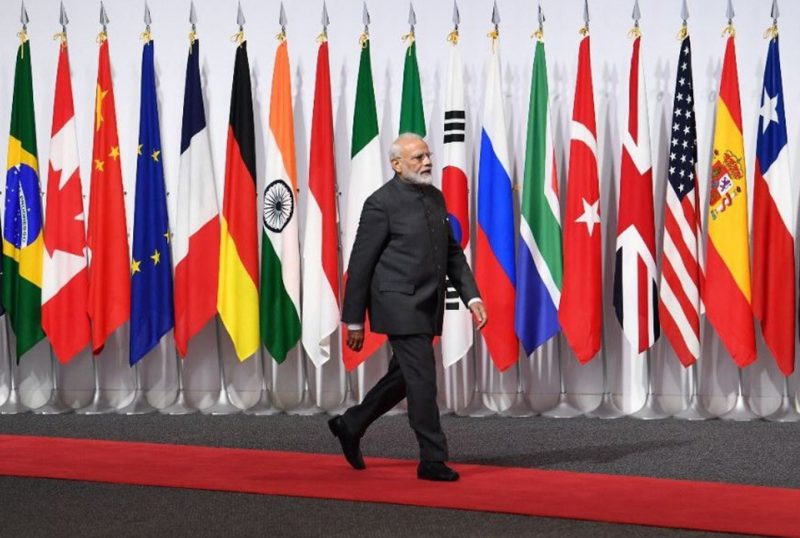BRICS member India had convinced 22 countries to accept the Rupee for international trade and ditch the US dollar. The majority of the countries hail from Asia, Africa, Latin America, and the global south. India also opened special Vostro bank accounts to make it easier to settle payments in their local currency, the Rupee. All the 22 countries had signed the agreement to trade a part of goods in the Rupee and sideline the US dollar.
Also Read: Russia Makes Huge Announcement On New BRICS Expansion
However, things are not going as planned for India as the majority of countries are now unwilling to keep the Rupee as reserves. India finds no takers for the Rupee as the currency is declining against the US dollar. Hoarding the Rupee in reserves serves no purpose, as the demand for the currency lacks strength in the global market.
The default payment is now either the US dollar, Euro, Pound, Chinese Yuan, Japanese Yen, or UAE’s Dirhams. The Rupee is finding no seat at the table, making the idea of ditching the US dollar impossible.
Also Read: 25 New Countries Ready To Join BRICS in 2024
BRICS: India Finds No Takers For Rupee, US Dollar, & Chinese Yuan in Demand


India received a reality check from its own BRICS counterpart, Russia, after it paused oil trade for not receiving payments in the Chinese Yuan. Russia has made it clear that it accepts a part of the US dollar and the Chinese Yuan and not the Rupee for settlement. A large shipment of Russian Sokol crude oil to Indian Oil Corp is delayed due to payment in currency problems.
Also Read: 5 U.S. Sectors To Be Affected If BRICS Ditches the Dollar For Trade
The Indian government is disinterested in using the Chinese Yuan as payment and advised the IOC to pay Dirhams instead. BRICS member Russia has not budged and asked India to pay a part in the US dollar or the Chinese Yuan.
The development had led to crude oil shipments being paused with no transactions taking place. “The supplier has an intent to deliver crude oil. Hopefully, a solution will be found soon,” a source said to Economic Times.





